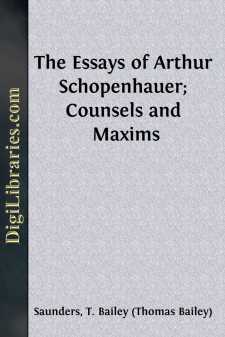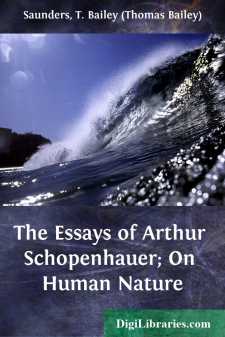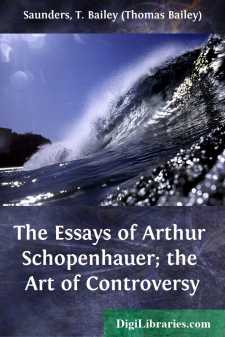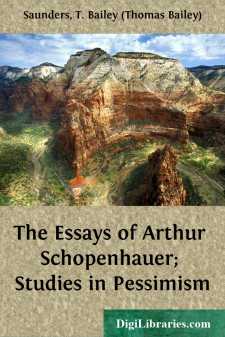Categories
- Antiques & Collectibles 13
- Architecture 36
- Art 48
- Bibles 22
- Biography & Autobiography 816
- Body, Mind & Spirit 145
- Business & Economics 28
- Children's Books 18
- Children's Fiction 14
- Computers 4
- Cooking 94
- Crafts & Hobbies 4
- Drama 346
- Education 58
- Family & Relationships 59
- Fiction 11834
- Foreign Language Study 3
- Games 19
- Gardening 17
- Health & Fitness 34
- History 1378
- House & Home 1
- Humor 147
- Juvenile Fiction 1873
- Juvenile Nonfiction 202
- Language Arts & Disciplines 89
- Law 16
- Literary Collections 686
- Literary Criticism 179
- Mathematics 13
- Medical 41
- Music 40
- Nature 179
- Non-Classifiable 1768
- Performing Arts 7
- Periodicals 1453
- Philosophy 66
- Photography 2
- Poetry 897
- Political Science 203
- Psychology 45
- Reference 154
- Religion 516
- Science 126
- Self-Help 86
- Social Science 82
- Sports & Recreation 34
- Study Aids 3
- Technology & Engineering 59
- Transportation 23
- Travel 463
- True Crime 29
Our website is made possible by displaying online advertisements to our visitors.
Please consider supporting us by disabling your ad blocker.
The Essays of Arthur Schopenhauer; Counsels and Maxims
Categories:
Description:
Excerpt
CHAPTER I.
GENERAL RULES.—SECTION 1.
The first and foremost rule for the wise conduct of life seems to me to be contained in a view to which Aristotle parenthetically refers in the Nichomachean Ethics:[1] [Greek: o phronimoz to alupon dioke e ou to aedu] or, as it may be rendered, not pleasure, but freedom from pain, is what the wise man will aim at.
[Footnote 1: vii. (12) 12.]
The truth of this remark turns upon the negative character of happiness,—the fact that pleasure is only the negation of pain, and that pain is the positive element in life. Though I have given a detailed proof of this proposition in my chief work,[1] I may supply one more illustration of it here, drawn from a circumstance of daily occurrence. Suppose that, with the exception of some sore or painful spot, we are physically in a sound and healthy condition: the sore of this one spot, will completely absorb our attention, causing us to lose the sense of general well-being, and destroying all our comfort in life. In the same way, when all our affairs but one turn out as we wish, the single instance in which our aims are frustrated is a constant trouble to us, even though it be something quite trivial. We think a great deal about it, and very little about those other and more important matters in which we have been successful. In both these cases what has met with resistance is the will; in the one case, as it is objectified in the organism, in the other, as it presents itself in the struggle of life; and in both, it is plain that the satisfaction of the will consists in nothing else than that it meets with no resistance. It is, therefore, a satisfaction which is not directly felt; at most, we can become conscious of it only when we reflect upon our condition. But that which checks or arrests the will is something positive; it proclaims its own presence. All pleasure consists in merely removing this check—in other words, in freeing us from its action; and hence pleasure is a state which can never last very long.
[Footnote 1: Welt als Wille und Vorstellung. Vol. I., p. 58.]
This is the true basis of the above excellent rule quoted from Aristotle, which bids us direct our aim, not toward securing what is pleasurable and agreeable in life, but toward avoiding, as far as possible, its innumerable evils. If this were not the right course to take, that saying of Voltaire's, Happiness is but a dream and sorrow is real, would be as false as it is, in fact, true. A man who desires to make up the book of his life and determine where the balance of happiness lies, must put down in his accounts, not the pleasures which he has enjoyed, but the evils which he has escaped. That is the true method of eudaemonology; for all eudaemonology must begin by recognizing that its very name is a euphemism, and that to live happily only means to live less unhappily—to live a tolerable life. There is no doubt that life is given us, not to be enjoyed, but to be overcome—to be got over. There are numerous expressions illustrating this—such as degere vitam, vita defungi; or in Italian, si scampa cosi; or in German, man muss suchen durchzukommen; er wird schon durch die Welt kommen, and so on....





